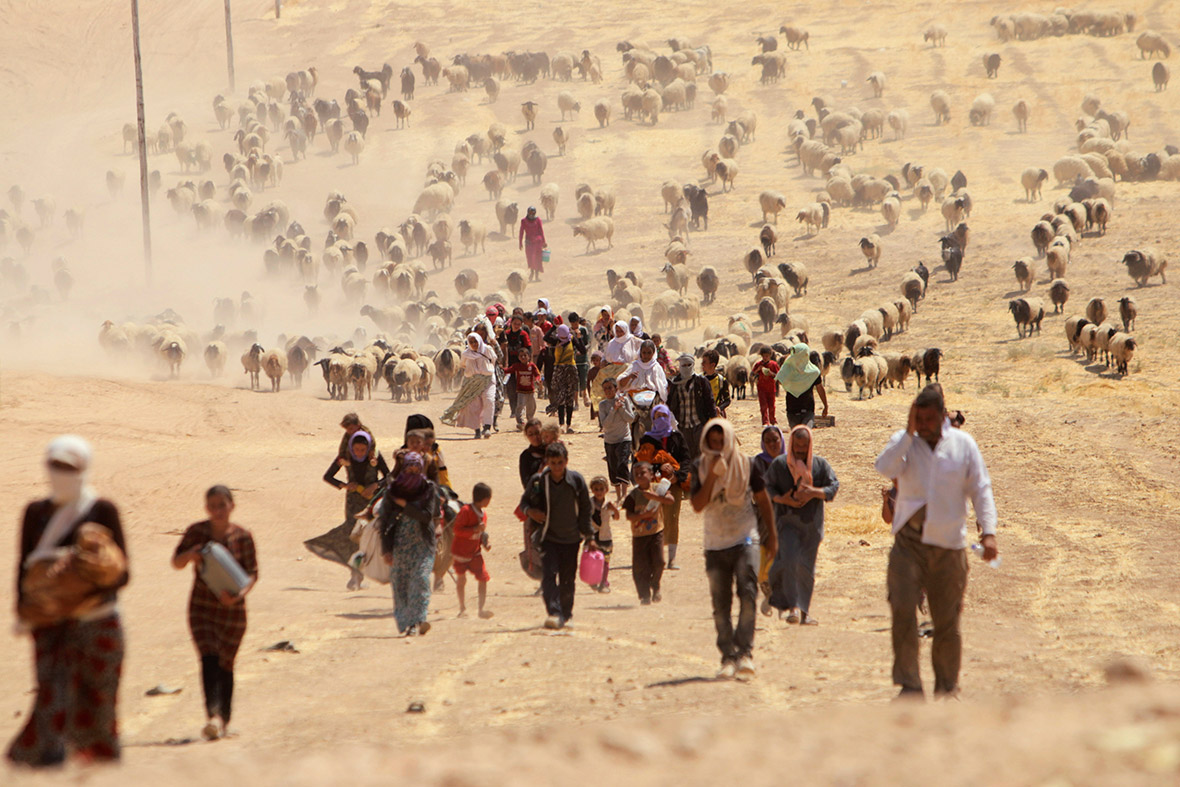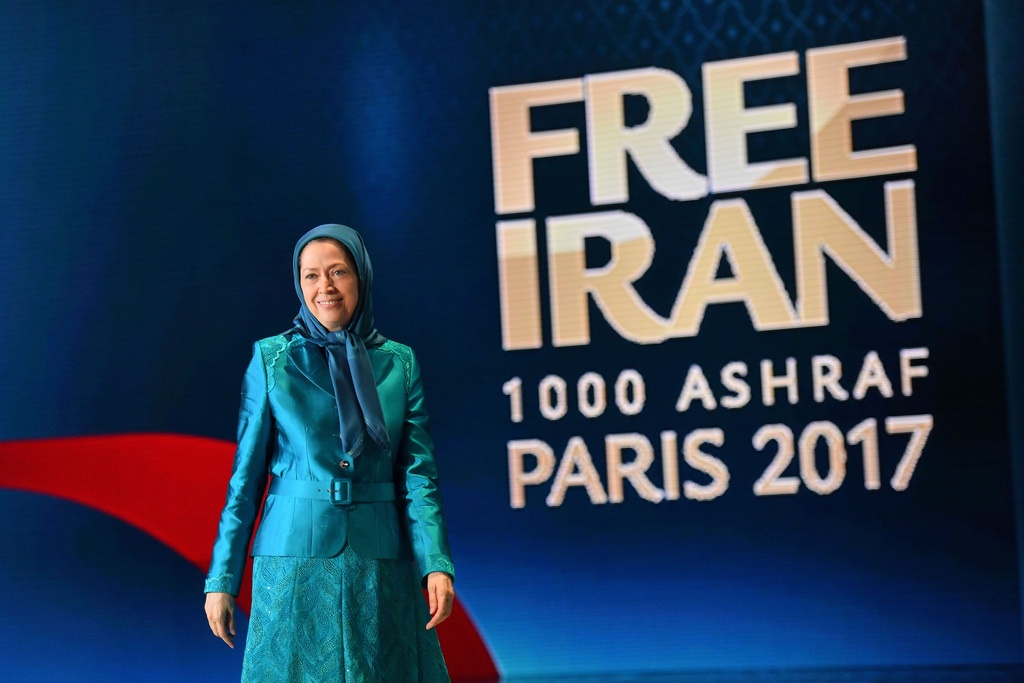
Monday 11 December, during a surprise visit at the Syrian airbase of Khmeimim, currently leased by Russia, Vladimir Putin announced a partial pullout of the Russian contingent in the country, stating that “over slightly more than two years, the Russian Armed Forces have routed together with the Syrian army the most combat-capable grouping of international terrorists”.
It’s not the first time that Russians say they are going to pullout many troops from Syria. The move is likely linked to the Putin electoral campaign, and probably a significant part of Russian forces will remain in Syria.
But it’s true that ISIS are largely defeated as a conventional military force, because they hold now only a very small portion of the Syrian territory.
Russia are fighting not only ISIS, but also many anti-Assad rebel groups. They suffered setbacks and territorial losses (Aleppo above all) since the start of the Russian intervention in late 2015. They still hold a significant part of Syria, especially in the north-west (the Idlib province), but the tide of the war turned against them, and it’s not likely that they will be able to reverse the situation.
The Russian president said also that “if terrorists again raise head, we will deliver such strikes on them that they haven’t seen so far”, in a bid to pressure the anti-government rebel groups to accept a diplomatic solution, because otherwise a total military defeat is looming.
When in September 2015 Russia began its military campaign in Syria in order to save the Assad government (and the Russian naval base in Tartus), many western military experts were sceptical about the success of the campaign. But more than two years later it’s clear that this military intervention has been a success and achieved many goals (the Syrian government now is safe and with the upper hand in the negotiations, the Syrian army and the allies recaptured many parts of the country, Russia showed a significant military power and it’s now a key player in the Middle East, unlike a few years ago).
But why they were so successful?
Many factors could explain this, but four of them (among others) deserve to be underlined:
1) The reorganization of the Syrian military: the Syrian army was plagued by desertions and heavy losses during the first years of the war. Under the supervision of Russia, in 2015 the Syrian military created the “Fourth Corps”, while in November 2016 the Syrian military created the “Fifth Legion” with offensives purposes. These well-trained and equipped units closely worked with the Russians, and often managed to be successful on the battlefield thanks to the Russian air-support, and together with other Syrian army units, Hezbollah and the Iran-backed militias, they recaptured many cities and areas from both the rebels and ISIS.
2) The lack of unity among the opposition and the extremists factions that are present within their ranks: since the first years of the Syrian civil war the rebels were far from united, because they had different views about Syria future: some factions (as the Al-Nusra front) were openly islamists, while others (like the FSA) were more secular, or at least they tried to be portrayed as moderate and secular in the eyes of the west, in order to have more support. However it must be pointed out that the rebels advanced in the battlefield when they were united and cooperated against the Syrian government forces. The best example is the battle of Idlib in march 2015, when the Syrian army and his allies were defeated by a unified rebel coalition.
But at the same time this cooperation showed that the Syrian rebels were more and more composed by a bulk of not-so-moderate forces, and thus they struggled to have the additional western support in weapons needed to definitely defeat the government forces.
The grow of ISIS (2013-2014) for the rebels was a double-egded sword, because the extremist group fought against both the rebels and the government forces, and gave Russia a perfect pretext to intervene in the civil war;
3) The relations between Russia and Erdogan’s Turkey (a strong supporter of the Syrian rebels) were very bad after the SU-24 incident in November 2015, but a few months after, especially since the failed coup in Turkey, the two governments unexpectedly started to improve their bilateral relations and cooperated in Syria. The Turkish army in August 2016 formed an anti-ISIS (and anti Kurdish) rebel faction (Euphrates Shield) that didn’t fight against the government forces, even when the rebel-held part of Aleppo was falling (autumn 2016). Erdogan focus is the Kurdish threat, not Assad anymore. This is a fatal blow for the Syrian rebels;
4) The launch of a “reconciliation center”, funded by Russia in 2016 with the aim to increase and improve peace negotiations between the Syrian government and the opposition groups. Since its creation more than 1000 towns, villages, and dozens of opposition groups accepted a reconciliation deal with the Syrian government, though the effects of this agreements on the battlefield were limited, because many rebel groups weren’t ready to accept a reconciliation deal with the government, after years of brutal civil war.
The Syrian civil war is still not finished yet, and sadly much blood will be shed in the coming months, maybe years, and the future of the country is very uncertain and difficult, but it’s certain that the Russian military intervention was decisive for the outcome of the civil war.



